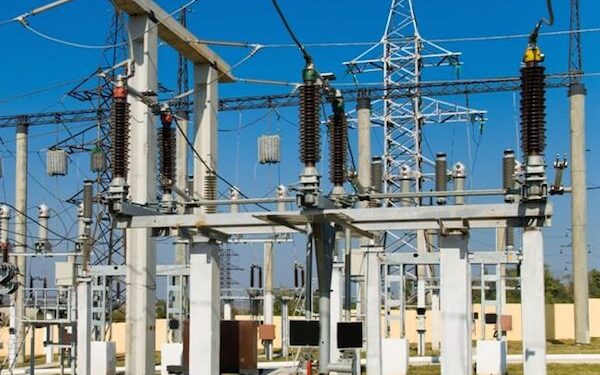The Nigerian Association for Energy Economics has stated that Nigeria, despite its abundant energy resources, can best be described as a country living in abject energy poverty.
In his presentation at the second day of the 11th Annual International Conference of the Nigerian Association for Energy Economics, NAEE in Abuja, President of the NAEE, Professor Wumi Iledare, stated that Nigeria’s abject energy poverty was mainly as a result of over-dependence on hydrocarbon production.
“Certainly, the Nigeria story can best be described as a nation living in abject energy poverty, amidst abundant energy resources.
“That Nigeria is overly too dependent on hydrocarbon production for revenues, rather than value-creation, is an understatement. This is a major hindrance to the nation’s economic growth and sustainable development potential.”
“The mind-boggling question is: how can a nation with significant abundant resources be so paradoxically undeveloped and dependent on its survival on crude oil exports? Yet Nigeria has often been referred to as a gas province with small scattered oil fields here and there. However, these huge gas resources have had an epileptic contribution to the national economy.”
Iledare added that: ‘’Furthermore, the fall in global oil price also recorded another huge shock to Nigeria’s economy in terms of assets divestment, low exploration and production activities and oil market glut, thereby ensuring that the management of the consequences of petroleum dependent has resulted to transfer payment and rent-seeking mentality.’’
Executive Secretary of the PTDF, Mr. Aliyu Gusau, had stated that the current business model in the Nigerian petroleum industry, which is focused on the upstream sector, would not provide the needed foundation for the country’s journey to a post-oil economy.
Gusau had lamented that having gone through all the four petroleum industry bills soon to become law, he discovered that the bills did not emphasis issues of value creation.
“Unfortunately, I have gone through all the four Bills of the petroleum industry waiting to become law; I have seen fiscal and regulatory provision about the mid-stream and the downstream; but I have not seen anything in all the four bills that incentivizes value generation. This is the challenge I must put forward, because this is the key in our journey to a post-oil economy in Nigeria.’’























